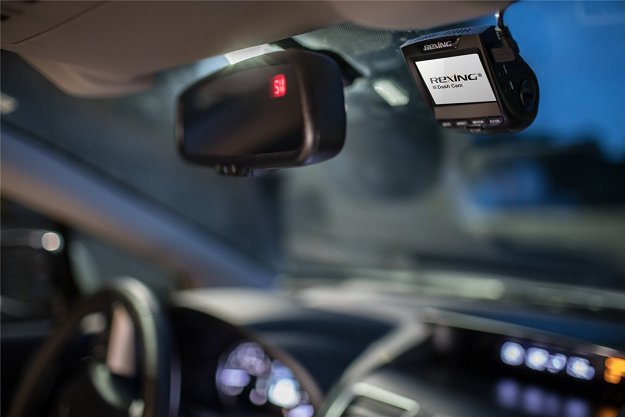Tesla is now offering a much wider range of collision repairs for its electric vehicles.
The move to offer more repairs at Tesla Service Centers will come as a relief to owners of its electric cars who have long complained about the sometimes slow work of third-party firms.
It’s taken a while, though, as Tesla boss Elon Musk first announced the plan three years ago.
In a message to customers seen by CNBC, the company said it is now able to sort out everything from dents and scratches to more complex issues such as suspension and axle damage.
Tesla currently has 140 service centers throughout North America, and has plans to open nearly 50 more by July this year.
As CNBC notes in its report, the new service should provide a revenue boost for Tesla as its global sales steadily grow and more of its vehicles lose their limited-time warranty protection.
The automaker’s message to its customers said its in-house service can fix “minor dents, scuffs, scratches and more now at your local Tesla Service Center as an alternative option to a body shop. Our optimized repair flow enables a fast and seamless experience when you need it most.”
It added: “Collision repair services may include: Suspension and axle damage, front and rear bumpers, hoods, liftgates, and side mirror caps, along with doors, wheels, and all glass repairs.”
To schedule an appointment, customers need to select Collision & Glass Repair from the Service menu in the Tesla app. The customer can then track the work via step-by-step app notifications.
News of the bolstered in-house repair service came at the same time as Tesla unveiled an updated version of the Model S and Model X with lots of new features aimed at enticing new buyers, including a spaceship-like steering wheel and a second-row touchscreen infotainment screen.
Editors' Recommendations
- Tesla invests billions in U.S. gigafactory to boost Semi production
- Carmax cites service, parts issues for temporarily dropping Tesla


